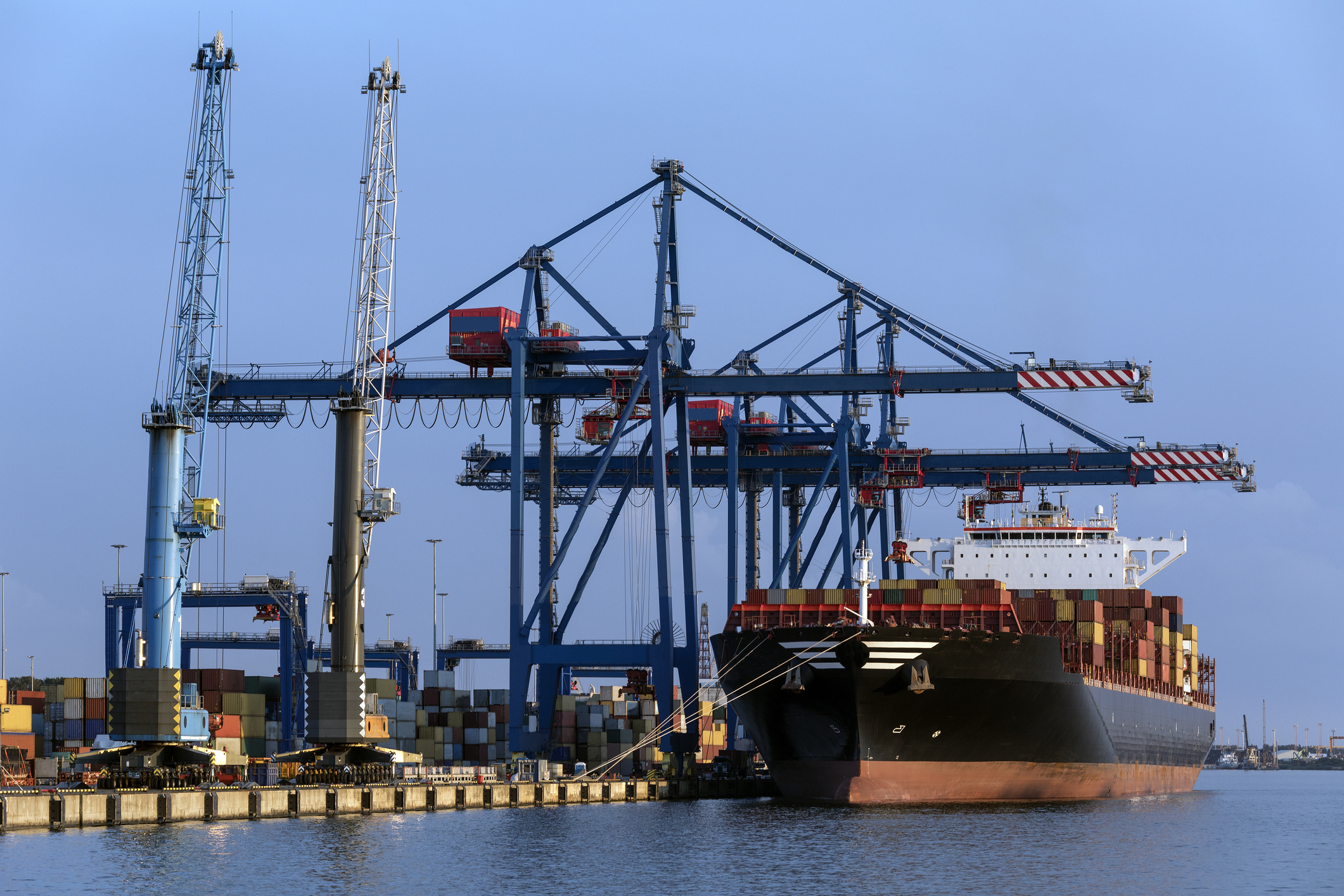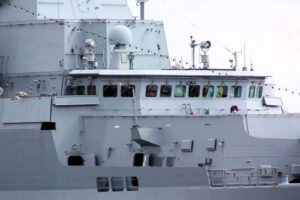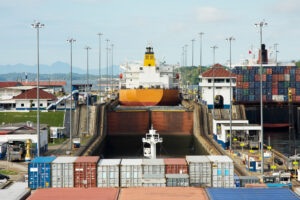“With a 40% share of the Baltic market, the ice-free Port of Klaipėda plays a crucial role in regional trade. Most importantly, we can offer not only modern port services, but also a highly skilled workforce, sustainable electricity, and government support for the development of the defense industry,” the Lithuanian president Gitanas Nausėda said Monday during a meeting with representatives of major Japanese corporations.
Gitanas Nausėda met with representatives of major Japanese corporations such as Hitachi, Mitsubishi Electric, Sumitomo Mitsui Banking Corporation and the Japan Business Federation (Keidanren).
The Lithuanian president on Monday emphasized that his country has made substantial investments in infrastructure in recent years. State-owned enterprises alone will invest at least €22bn in the transport and energy sectors by 2030.
This is the second call in a year to Japanese investors to contribute to Lithuanian projects after the invitation to Japanese representatives to the Three Seas Initiative’s Business Forum on April 11, 2024 in Vilnius.
Last year, the former Lithuanian minister of transport and communications Marius Skuodis at an event organized by Lithuania to present the Three Seas Initiative in the Japanese capital Tokyo said that investments and active participation of Japanese companies in the development of the port of Klaipėda and other transport infrastructure projects in the region would significantly contribute to enhancing the connectivity in the Three Seas – the Baltic, Black, and Adriatic Seas – region.
€234m is planned to be invested in the development of the port of Klaipėda infrastructure in 2024-2027. The major projects include the dredging of the port’s shipping channel to a depth of 17 m, and the infrastructure of an offshore wind installation port, which is important for Lithuania’s plans to build wind farms in the Baltic Sea.
“We value Japan as Lithuania’s strategic partner in Asia; thus we want to strengthen bilateral cooperation, increase the existing cargo flows to and from Japan, and attract new types of cargo. Involvement of Japanese companies in the projects carried out by the Port of Klaipėda could also become an object of our cooperation”, said last year Algis Latakas, the director general of the Klaipėda State Seaport Authority.
During the meeting on Monday, the Lithuanian leader invited the Japanese corporations to visit Lithuania and explore investment opportunities in the country’s free economic zones and industrial parks.
“Thanks to its well-developed logistics infrastructure, Lithuania is becoming a strategic gateway for Southeast Asian countries to access the EU single market,” the president said.
The president noted that many Japanese companies have long discovered Lithuania and are successfully operating in the country.
According to the Lithuanian leader, relations between Lithuania and Japan have never been closer: bilateral cooperation in political, economic, and security spheres is deepening, and cultural exchanges are growing increasingly vibrant.
In 2023, over 13,000 tonnes of cargo were transported to and from Japan via the port of Klaipėda, around 60% more compared to 2022. The main cargoes were vehicles and equipment, machinery and mechanical equipment, electrical equipment and textiles.
Meanwhile, the port of Klaipėda has achieved a strong start to 2025, nearly 10 million tonnes of cargo handled in the first quarter, a 15% increase compared to the same period last year.
In total, 9,75 million tonnes of cargo were handled in the first quarter of this year.
The biggest contributor to the positive cargo handling performance at the port in recent months was the increased handling of container cargo, which grew by one-third (+33%), or 723 thousand tonnes.
This is the best quarterly result ever in the container handling segment of the port of Klaipėda.
Another record was set in LNG cargo handling, with 100 thousand tonnes handled, an 18% increase compared to last year.



